The CESL is a subsidiary of State-owned Energy Efficiency Services Limited (EESL), a joint venture of public sector companies under the Ministry of Power, Government of India. Energy Efficiency Services Limited (EESL) is promoted by the Ministry of Power, Government of India as a Joint Venture company of four Central Public Sector Undertakings, viz. NTPC Limited, PFC Limited, REC Limited, and POWERGRID Corporation of India Limited.
Convergence Energy Services Ltd (CESL) is preparing to launch a ₹ 5,450 crore tender for procuring electric buses for five cities. Companies that are largely OEMs (Original Equipment Manufacturers) with their operators and financial institutions like Tata, JBM, Ashok Leyland, Volvo Eicher, Olectra et cetera are anticipated to partake in the tender. The RFP ,i.e., Request For Proposal to be released is an appeal for bidders to quote a price for the five targeted cities- Delhi, Bengaluru, Hyderabad, Kolkata, Surat. This is seen as a big step in the series of initiatives to achieve Energy Independence by 2047. CESL also declared that subsidized by the FAME-II scheme, this initiative will concentrate on reducing operating costs for cities, removing bottlenecks of procuring electric buses by State Transport Undertakings (STUs), and modernization of city bus fleets. The agency has expressed that at later stages, it will extend similar aid to more cities.
CESL has also signed an MoU with the Delhi government for the installation of charging stations and battery swapping stations at cluster bus depots. The pact was signed by Vinod Kr. Yadav, Deputy Commissioner, Department of Transport, and N Mohan, Deputy General Manager of EESL in the presence of Transport Minister of Delhi, Kailash Gahlot. The charges for usage of the location, installing, operation, and maintenance of charging units shall be paid by CESL to Delhi Transport Corporation (DTC) every month at the rate of ₹ 1.00 per kWh of energy dispensed. If the area required by the concessionaire is more than 3 ECS (Equivalent Car Space) then ₹ 2000 extra would be imposed per ECS per month. Initially, the contract duration is of 10 years. According to the MoU signed, CESL will commence the work immediately and will complete the induction of all stations in the next 4 months.
The EV prices are foreseen to achieve price parity with Internal Combustion Engine (ICE) vehicles before 2025. India intends to reduce EV prices by leveraging scale, as was seen in a recent tender wherein Mahindra Electric Mobility, TVS Motor Co., Kinetic Green Energy, and Power Solutions, Etrio, Mali and Keto Motors Pvt. Ltd emerged as the lowest bidders for an evaluated ₹3,000 crore CESL's tender to procure 100,000 electric three-wheeler vehicles.
In July 2021, Convergence Energy Services Ltd had signed an agreement with Hindustan Petroleum Corporation Ltd (HPCL) for setting up charging infrastructure in designated retail outlets in several cities across the country. CESL and HPCL will also recognize prominent highways across India where sufficient charging infrastructure is demanded.
In August 2021, the Indian government has already initiated work on a blueprint for a project of up around 4000-megawatt hour (MWh) of the grid-scale battery storage system at the regional load dispatch centres (RLDCs) that control the country’s power grid, primarily to balance the vagaries of renewable generation. The government aspires to turn the country into a global hub for EV manufacture and has endorsed a ₹18,100 crore production linked incentive (PLI) scheme to make advanced chemistry cell batteries to attract investments of ₹45,000 crores. Wherever feasible, CESL wills to integrate solar rooftop and Battery Storage systems (BSS) with the installation of charging infrastructure, to use renewable energy to power the charging stations.
At COP26 climate change conference, Prime Minister Narendra Modi pledged net-zero carbon emissions of India by 2070. These moves by state-promoted organizations will help lessen our carbon footprint with time and bring us closer to our climate action goals.


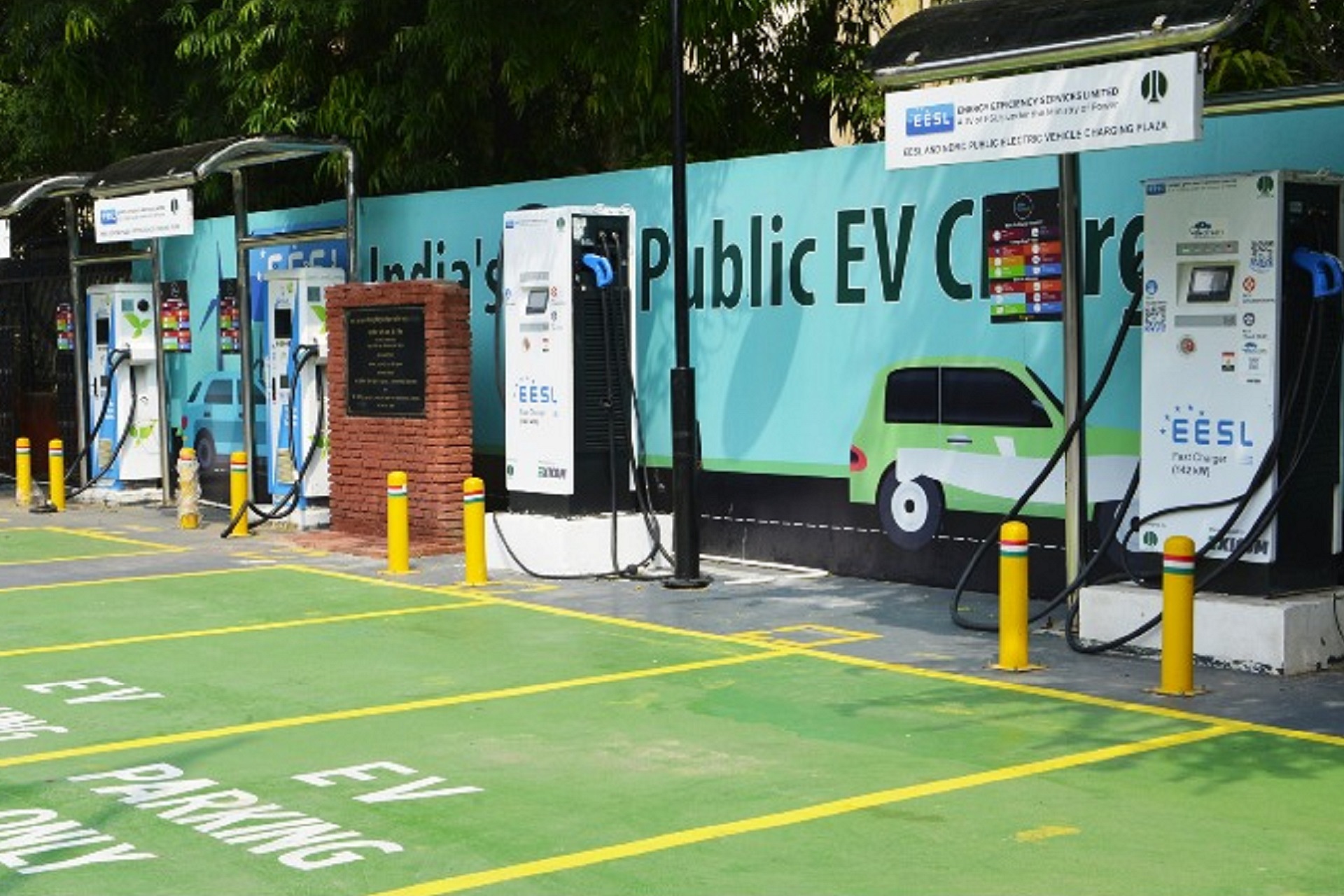

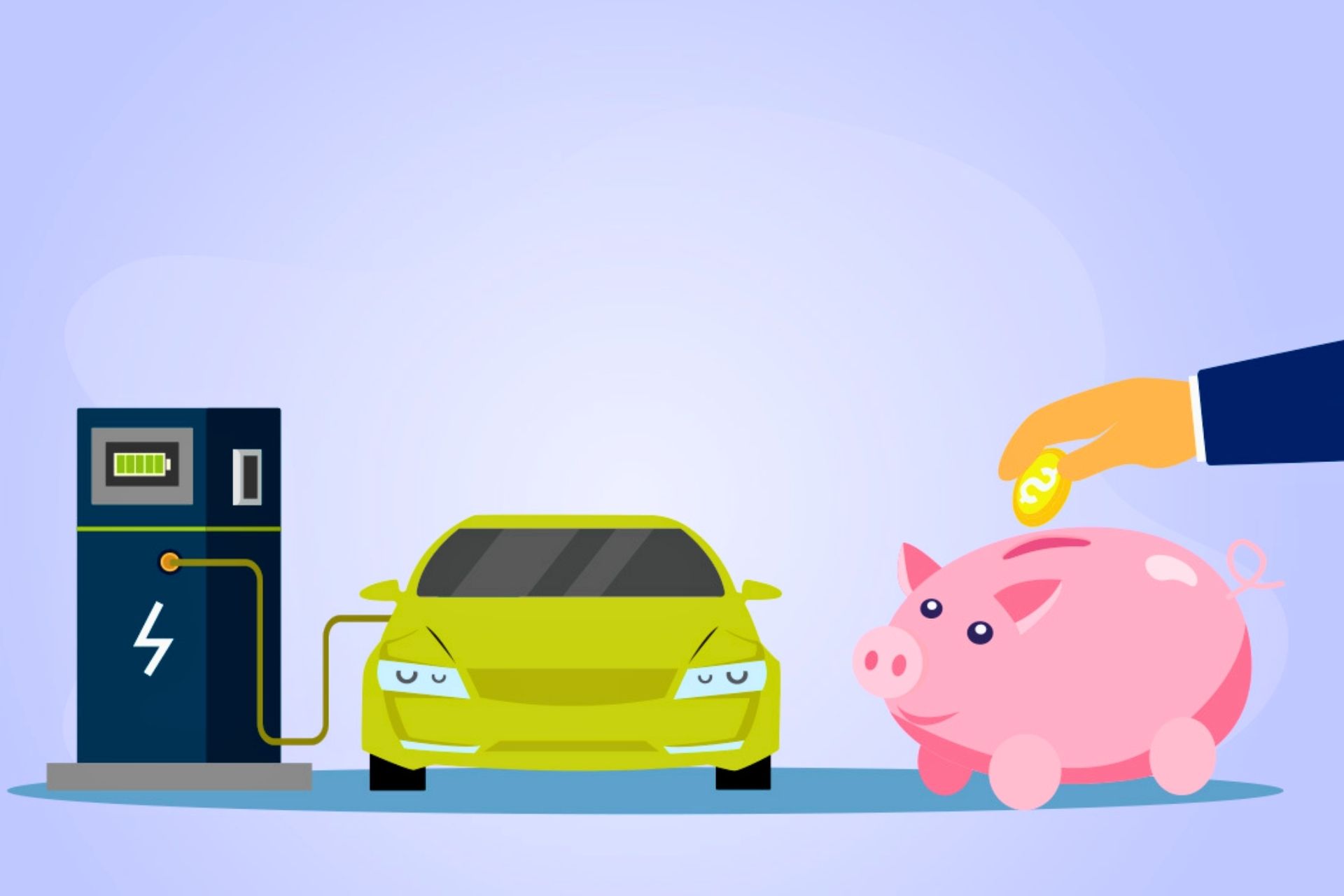
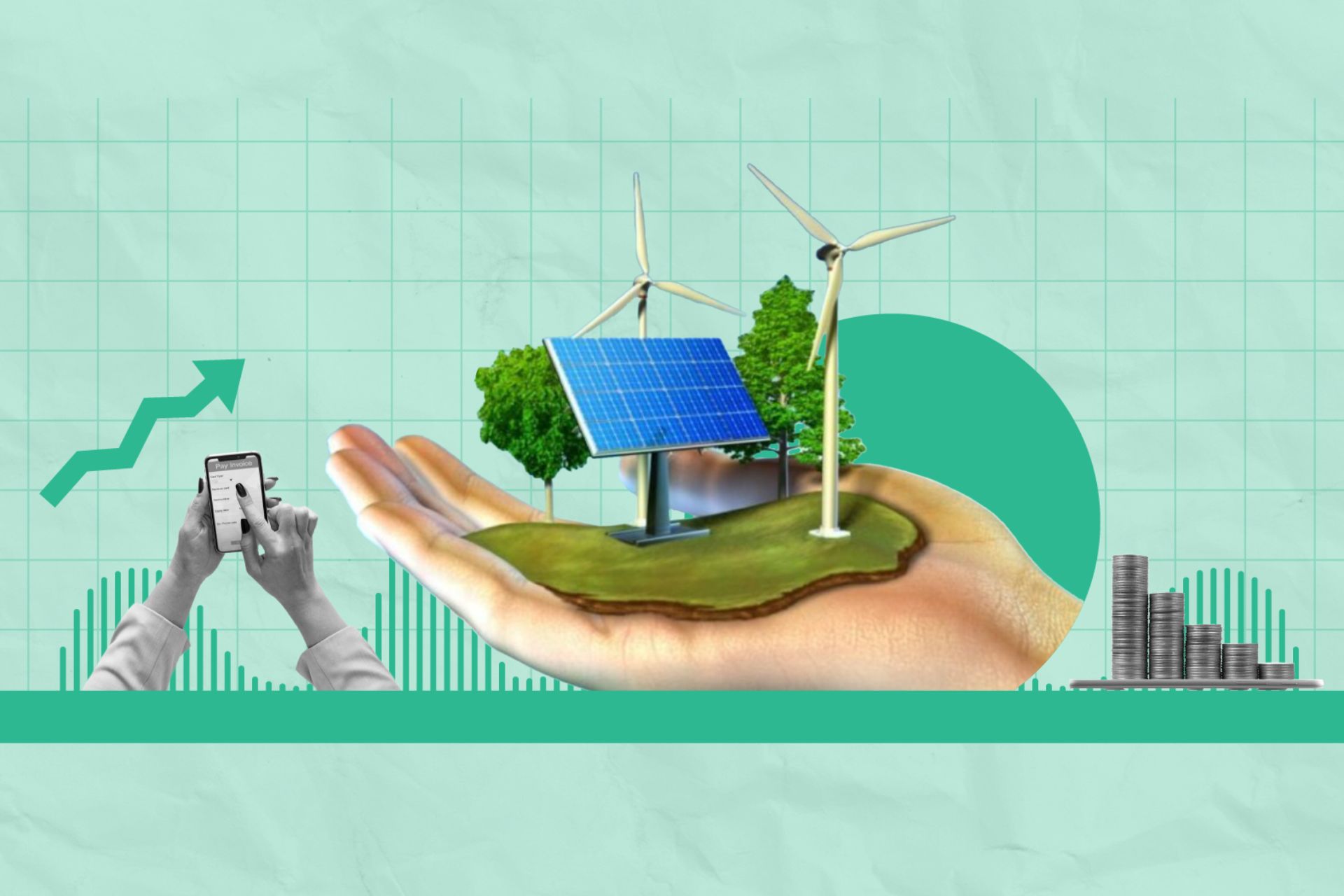
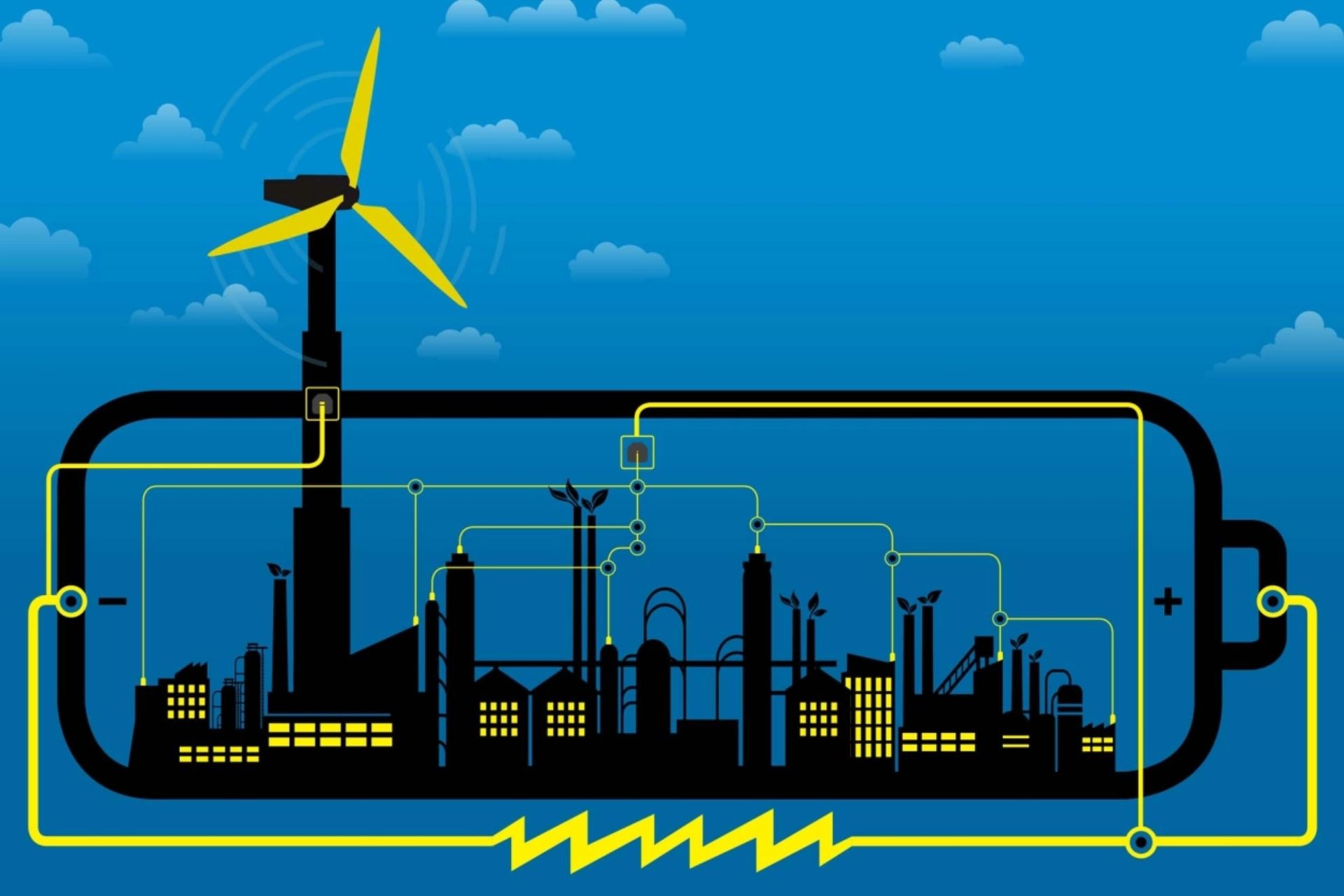
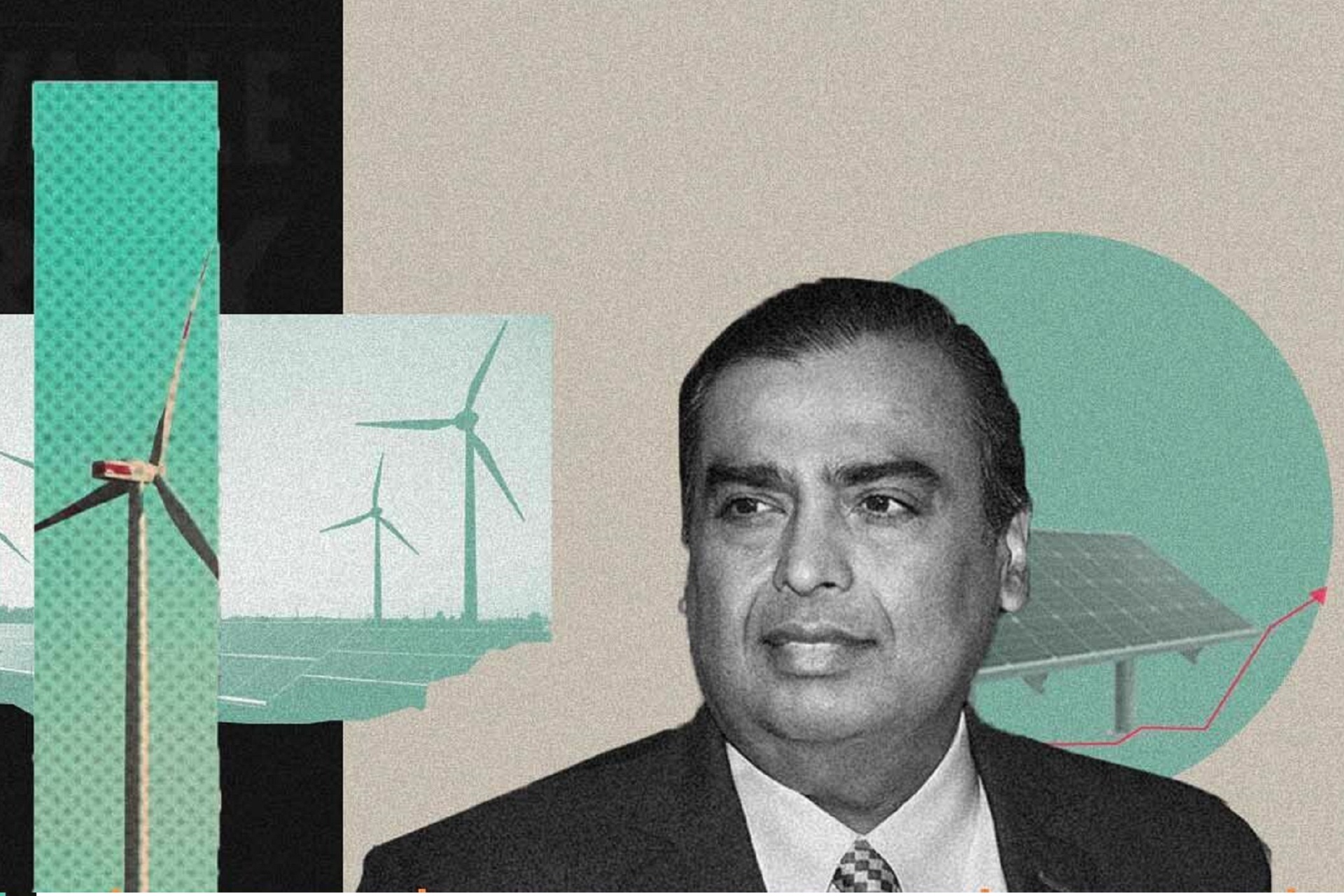
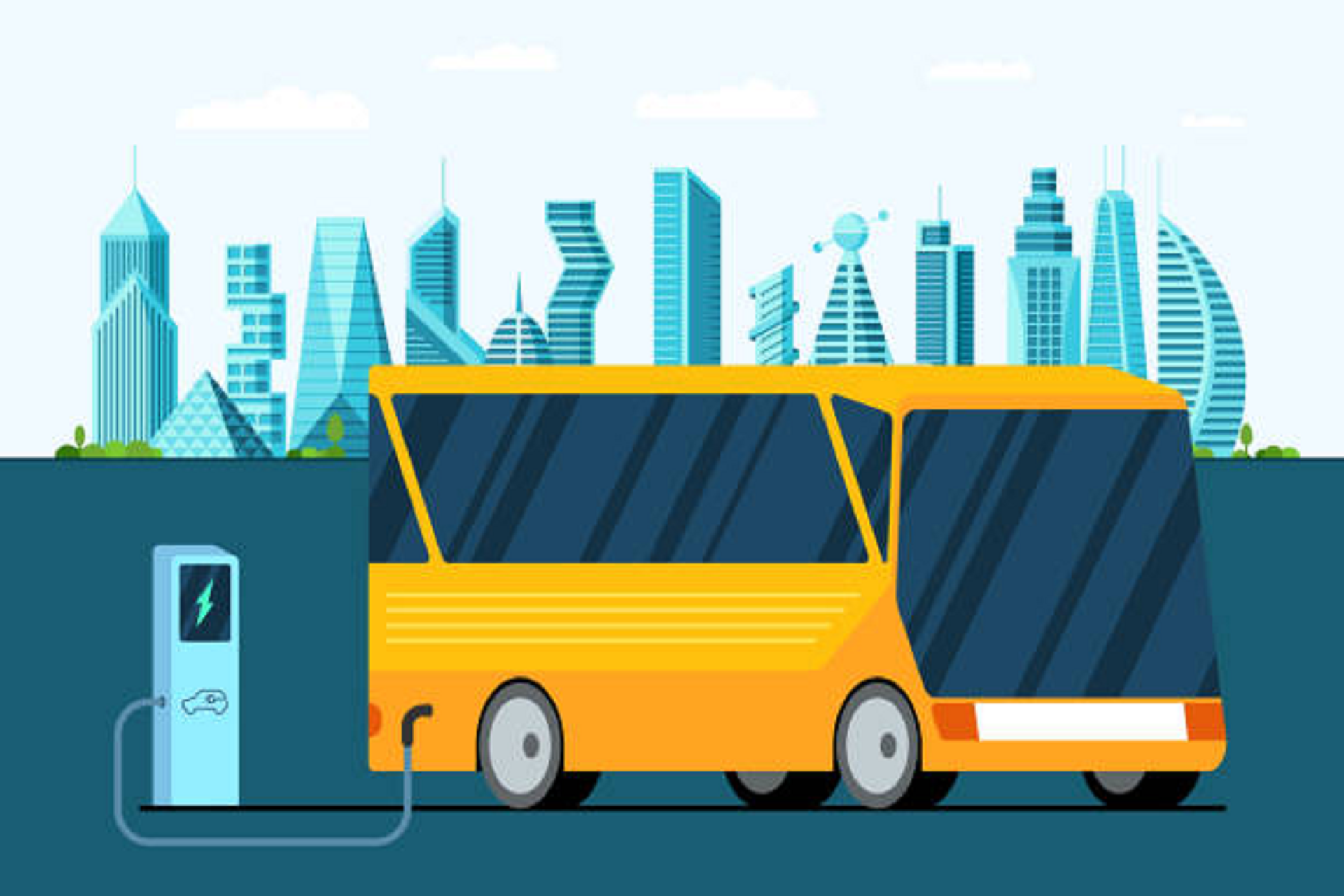
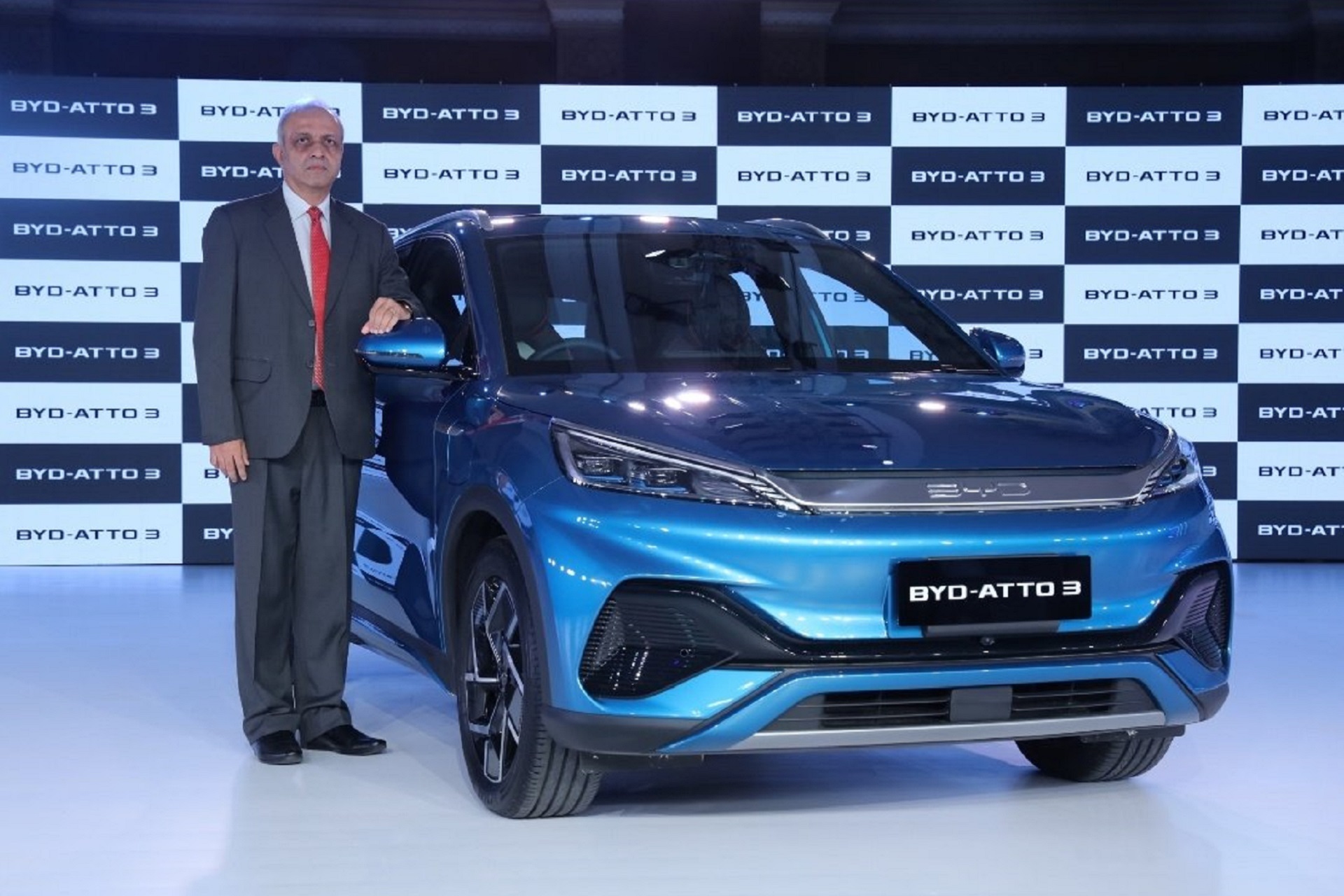
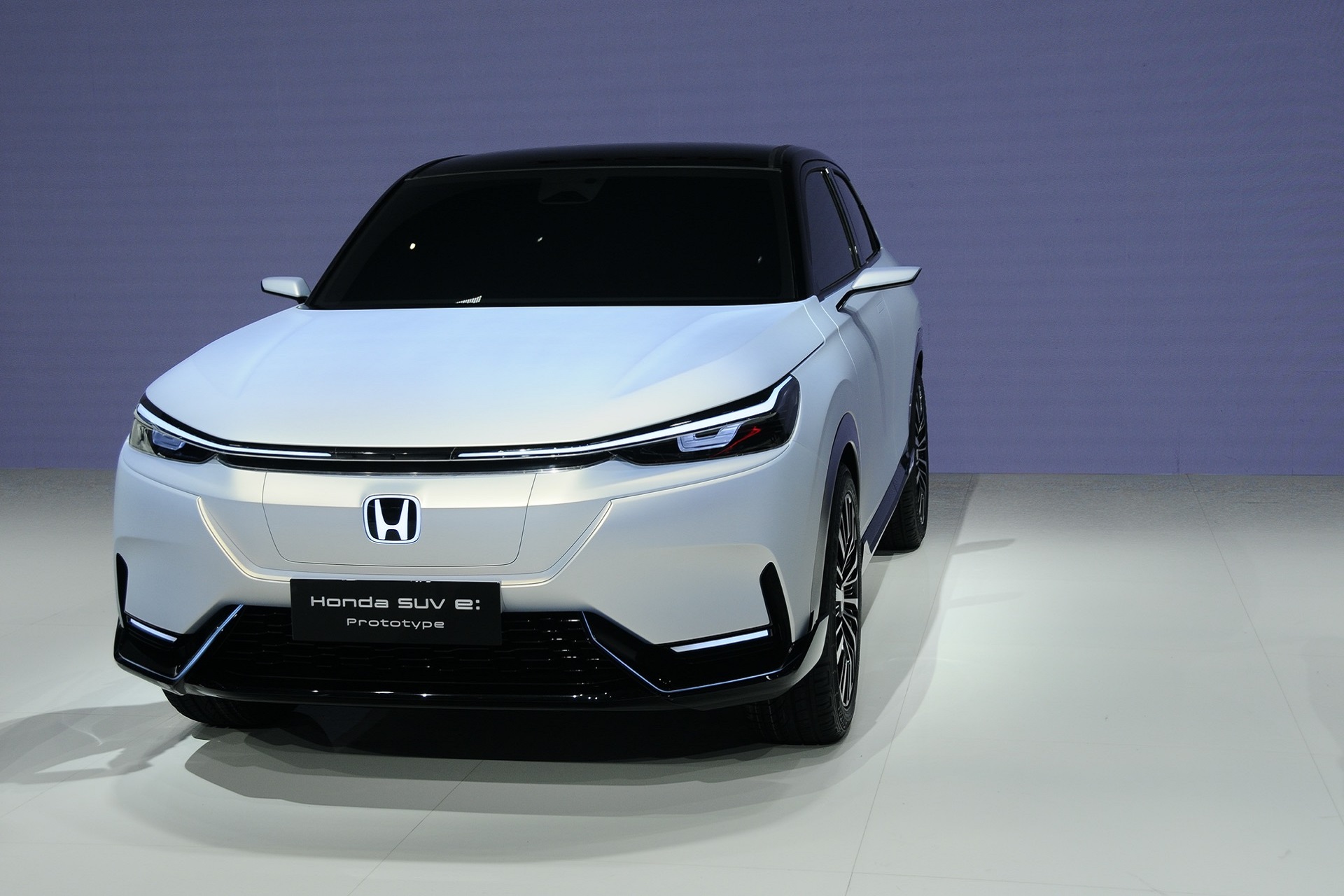
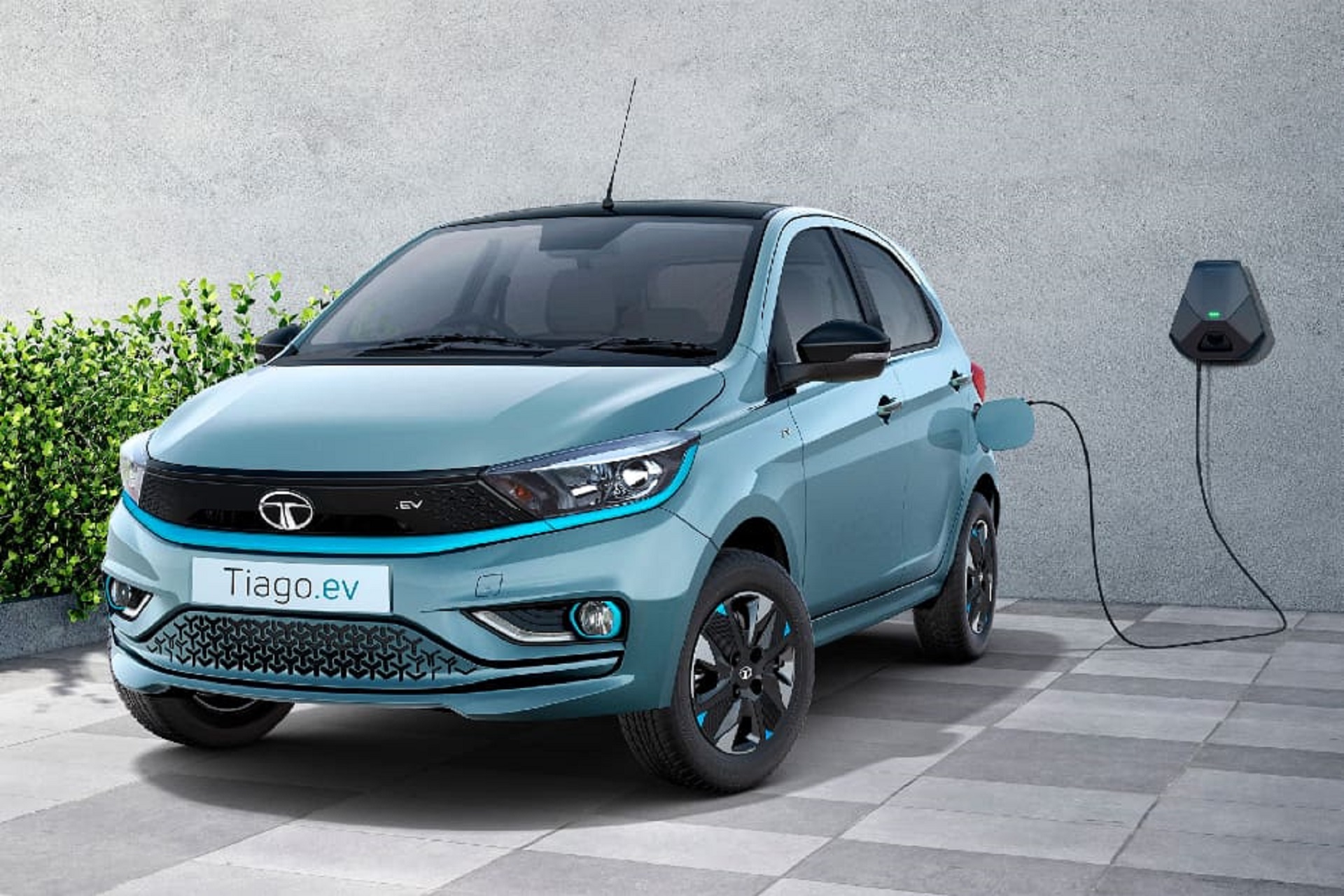


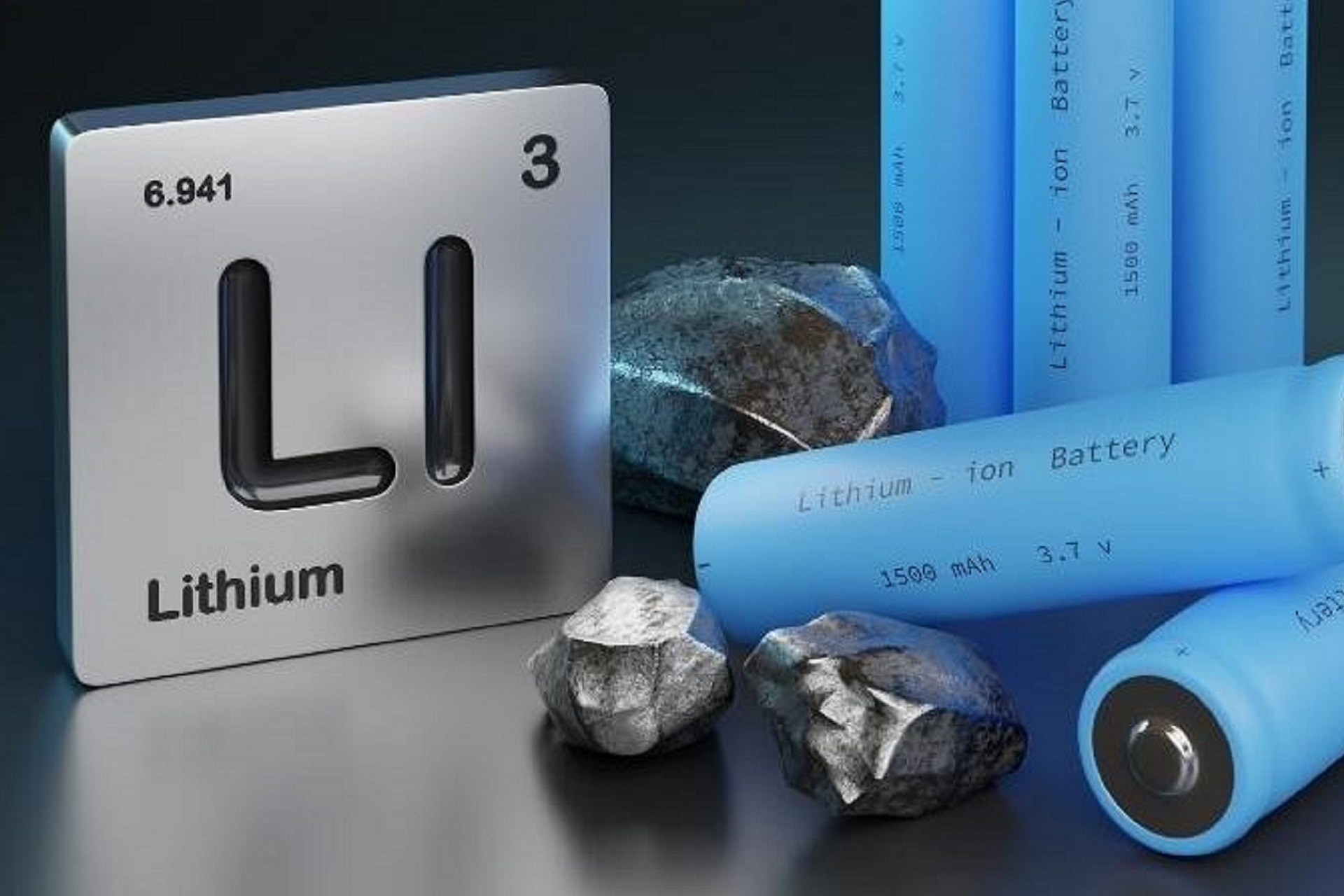
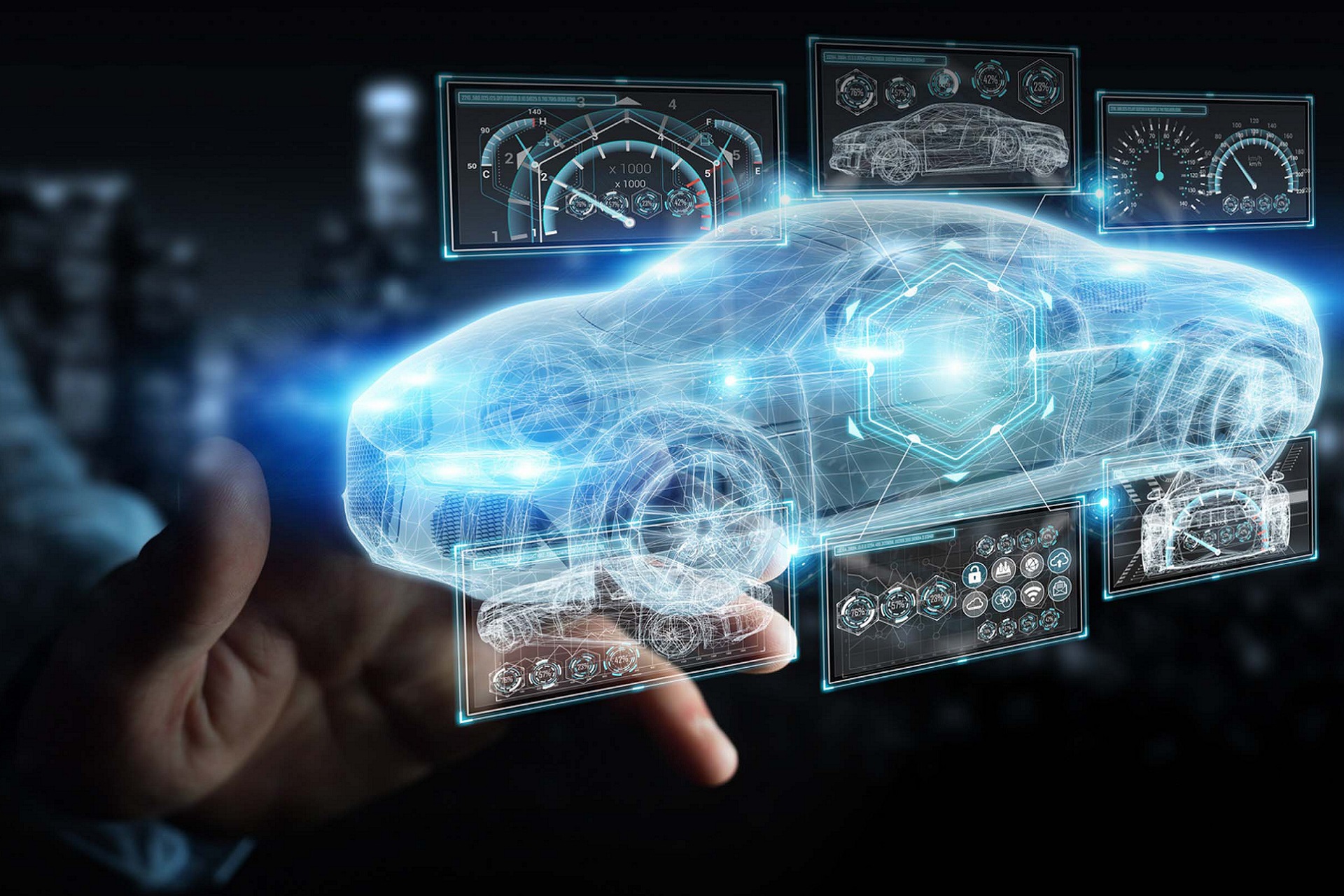


Please Login / register to post your comments!!
0 Comments